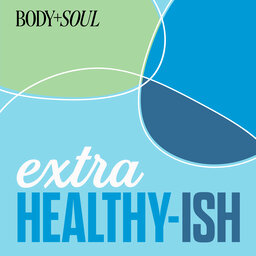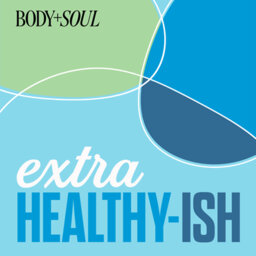A Nike running coach answers your top questions
Nike Head Running Coach and marathoner Lydia O'Donnell answers top listener questions about running from training plans to menstrual cycles plus the best gym-based exercises to support your running and choosing the right gear for performance.
WANT MORE FROM LYDIA?
You can catch Lydia @lydiaodo or see @nikerunning, for her female running app Femmi, see @femmi.co.
WANT MORE BODY + SOUL?
Online: Head to bodyandsoul.com.au for your daily digital dose of health and wellness.
On social: Via Instagram at @bodyandsoul_au or Facebook. Or, TikTok here. Got an idea for an episode? DM host Felicity Harley on Instagram @felicityharley.
In print: Each Sunday, grab Body+Soul inside The Sunday Telegraph (NSW), the Sunday Herald Sun (Victoria), The Sunday Mail (Queensland), Sunday Mail (SA) and Sunday Tasmanian (Tasmania).
In 1 playlist(s)
Extra Healthy-ish
Extra Healthy-ish is the big sister podcast to Healthy-ish. Here you'll get extra bits from your fav…Social links
Follow podcast
Recent clips

Summer series: Athlete Bonnie Hancock was to pushed her limits, her grit is inspiring
17:51

Summer series: Lorna Jane's life lessons are utterly inspiring
19:19

Summer series: In the jungle, naked for 21 days - Alexa Towersey’s mental strength is inspiring
19:33
 Extra Healthy-ish
Extra Healthy-ish